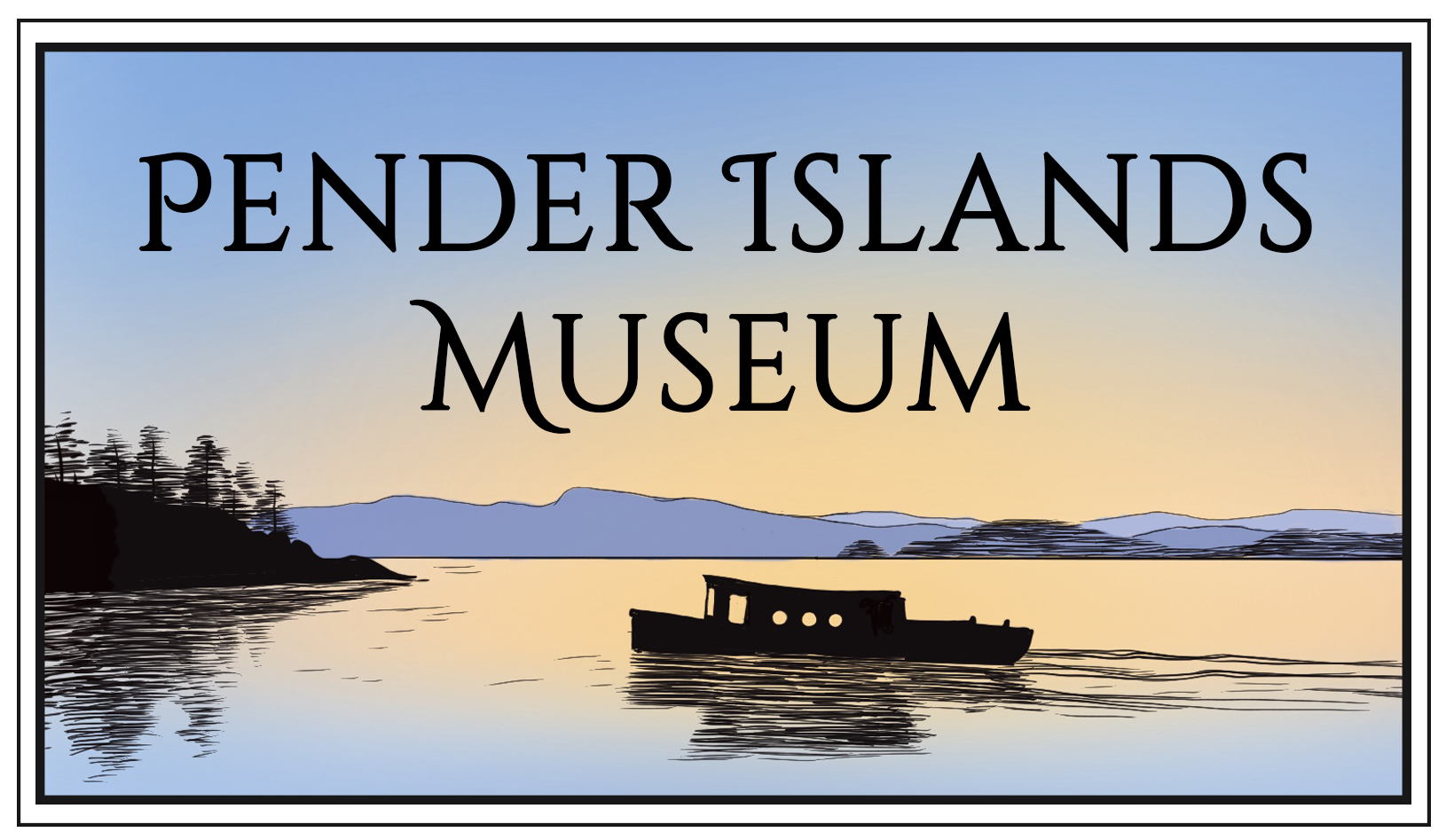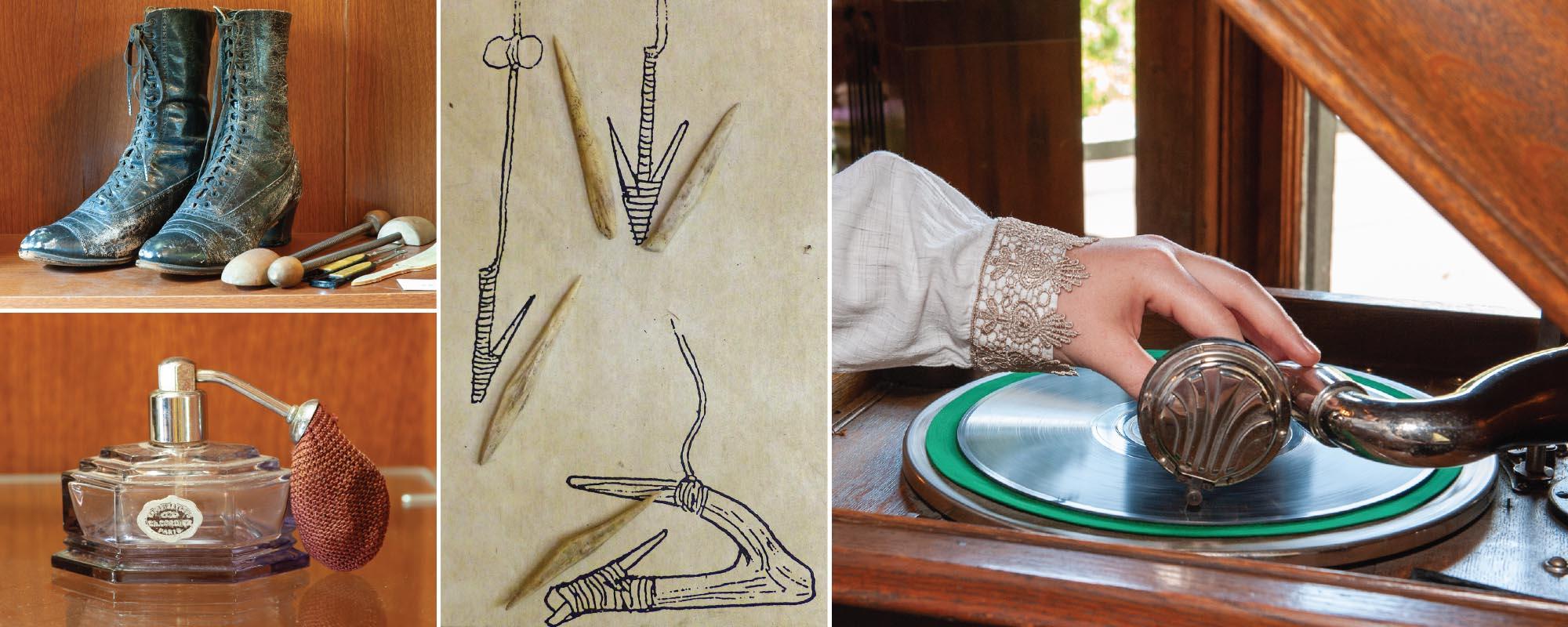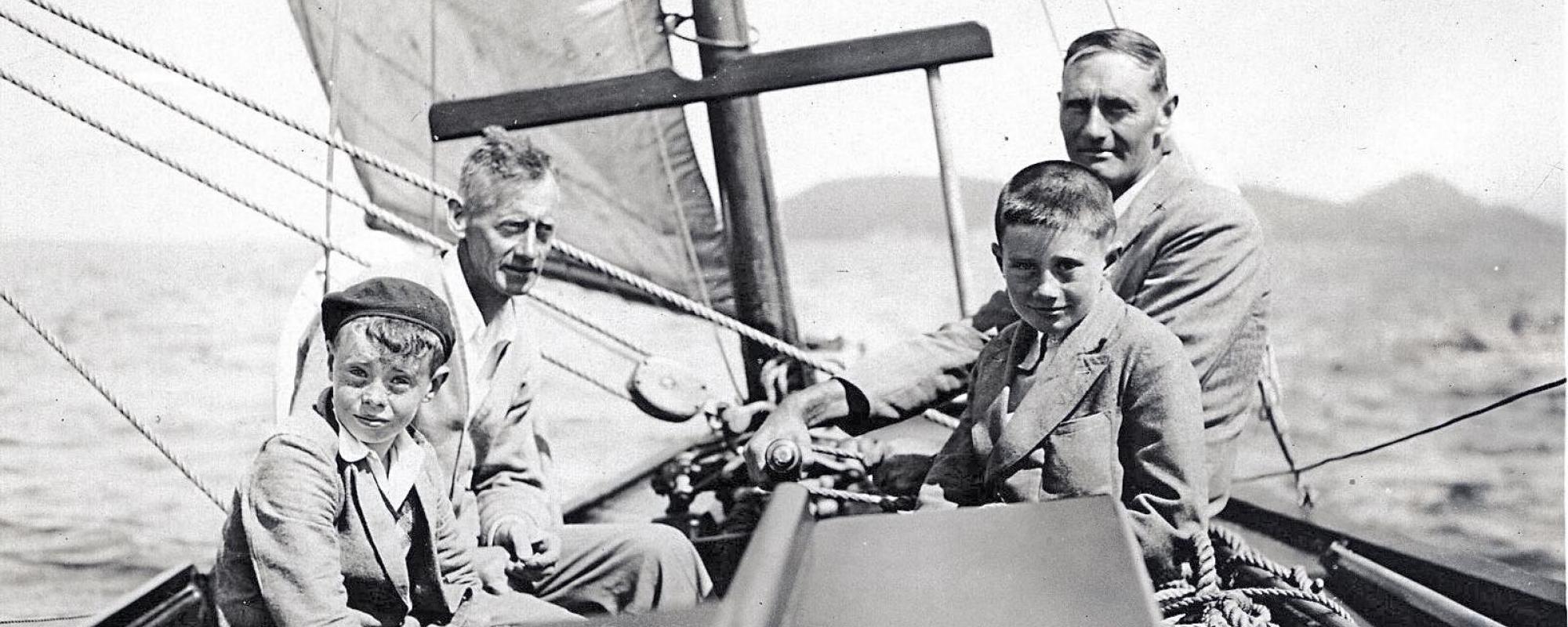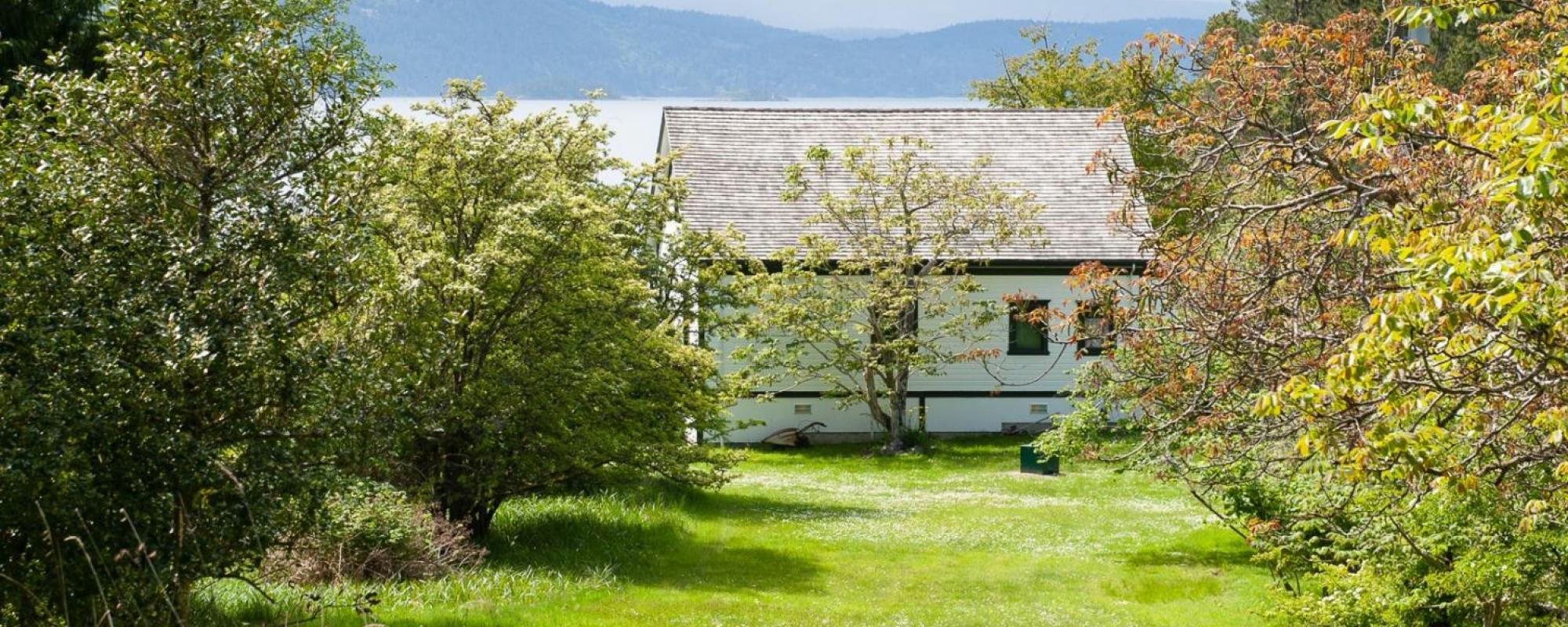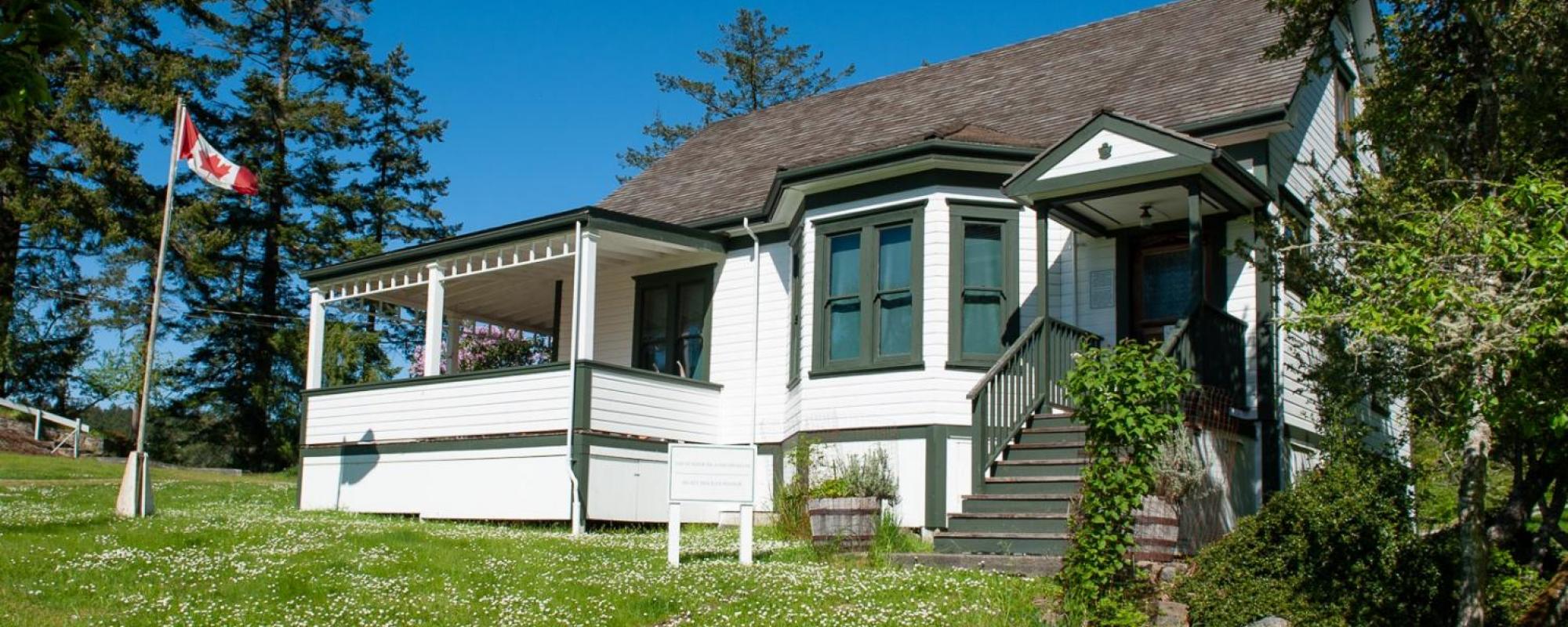This is the most welcoming museum we have ever visited.
The Pender Islands Museum is located on North Pender Island
We acknowledge and respect the W̱SÁNEĆ People on whose traditional territory the museum stands and whose historical relationships with the land continue to this day. Those lands include S,DÁYES—known in English as Pender Island.
We love sharing the stories that bring our rich island heritage to life. Our museum is in an historic house and features the stories of the people who have called these islands home since time immemorial.
Interesting Artefacts at the Pender Island Museum on North Pender Island

Once Upon a Pender Christmas Dec 26-30, 1-4pm
Holiday traditions come alive at the museum for our family-friendly Christmas week special event.
Enjoy 5 days of music, storytelling, vintage displays, cookies, and warm apple cider. Open Dec 26-30, 1-4pm.
Admission by donation $5/person; $20/family suggested
Take a Closer Look: 5 Artifacts Worth Seeing
Interesting Artefacts at the Pender Island Museum on North Pender Island
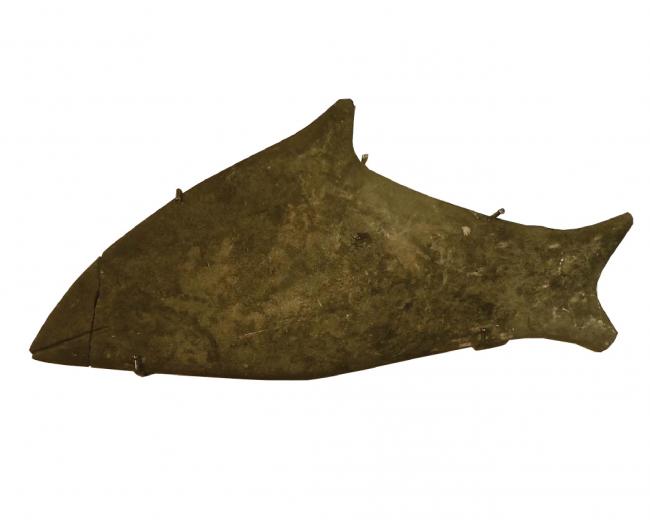
Since Time Immemorial
Archaeologists unearthed this sandstone carving on Pender Island in the mid-1980s. While the figure’s specific purpose is lost to time, we know it comes from a community dating back 5,000 years that created the earliest known expressions of Northwest Coast art.
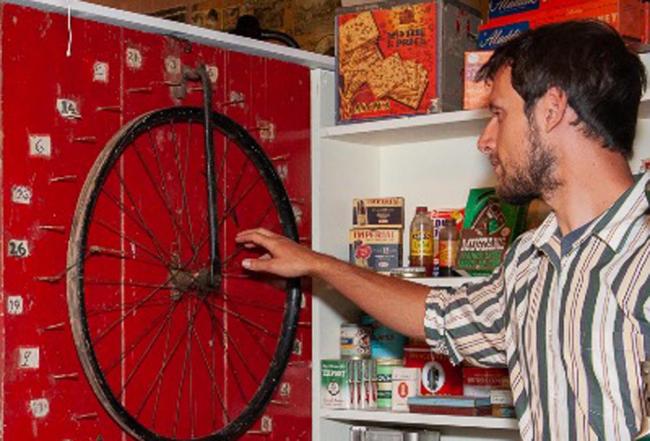
A Lucky Spin at the Store
Shoppers at the Port Washington Store eagerly awaited the pre-Christmas spin of the old bike wheel in hopes it would land on their ticket number. The prize? Bags of groceries valued according to the 5, 10 or 15-cent ticket cost. The festive tradition endured for over 50 years.
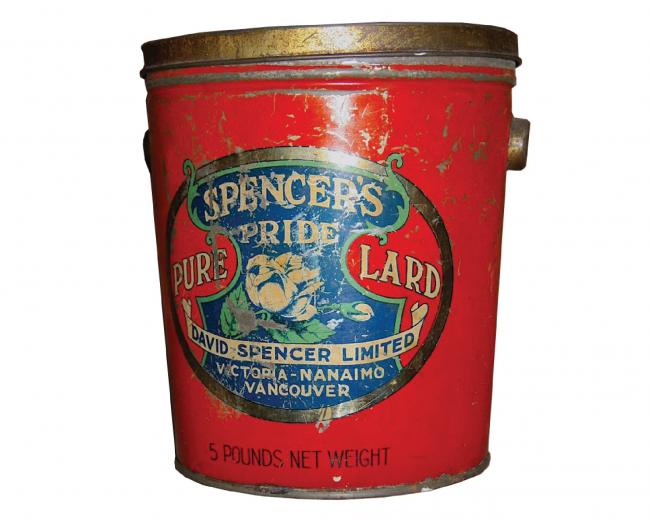
Off to School
A 5-pound tin of lard—rendered pig fat—was standard fare in early Pender Islands kitchens. Once empty and cleaned, it went on to a whole new life, most often as a lunch pail for Pender Islands school kids or for collecting blackberries.
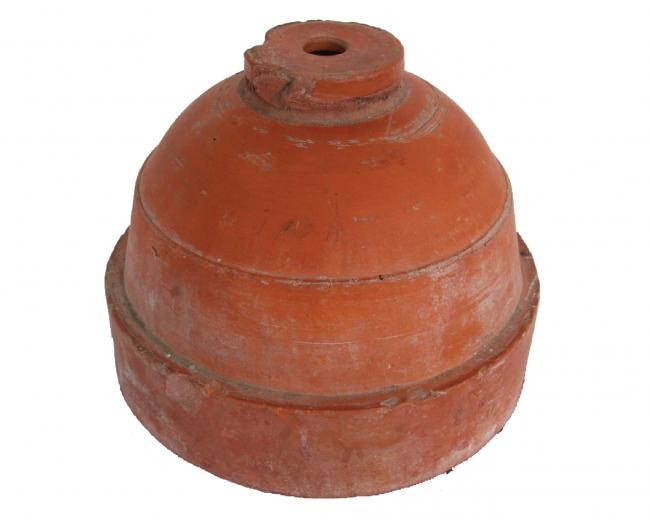
Cool, eh?
Keeping food cool was a challenge on an island without refrigeration before the introduction of electricity in 1956. Enter this ingenious butter keeper. Immersed in water, the clay absorbs moisture. As the water evaporates, the butter inside stays at or below room temperature.
